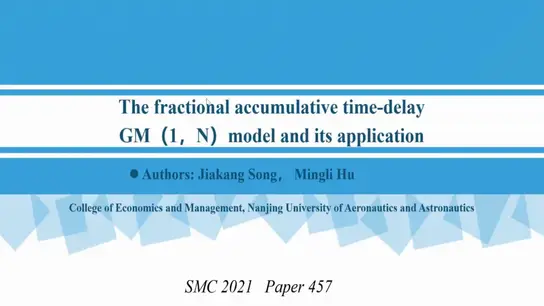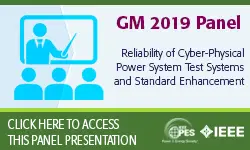-
Members: FreePES
IEEE Members: $5.00
Non-members: $10.00Pages/Slides: 15
05 Aug 2011
In this Panel Session eminent specialists in the field are contributing. The future of power grids is expected to involve an increasing level of intelligence and integration of new information and communication technologies in every aspect of the electricity system, from demand-side devices to wide-scale distributed generation to a variety of energy markets. Smart networks includes the development of new concepts, system architectures and a regulatory framework for control, supervision and operation of electricity networks to transform the grid into an interactive service network between customers and operators, while maximizing reliability, power quality, efficiency, security and reducing carbon emission. Communications architecture and standards include development of the architectural framework and related standards needed to share information and form an interoperable network from generators, through transmission and distribution, to consumers. The smart grids include smart metering and the ability to integrate power generated locally or remotely. New methods of controlling bulk public power flows across national boundaries will enable the cleanest sources to be tapped to supply electricity at national and international level. The grid is able to learn to coordinate all equipment for optimal expected performance despite random disturbances. The bottom line includes value added, quality of service, reliability, security, etc.
Chairs:
L. L. Lai, K. P. Wong
Sponsor Committees:
Energy Development and Power Generation


